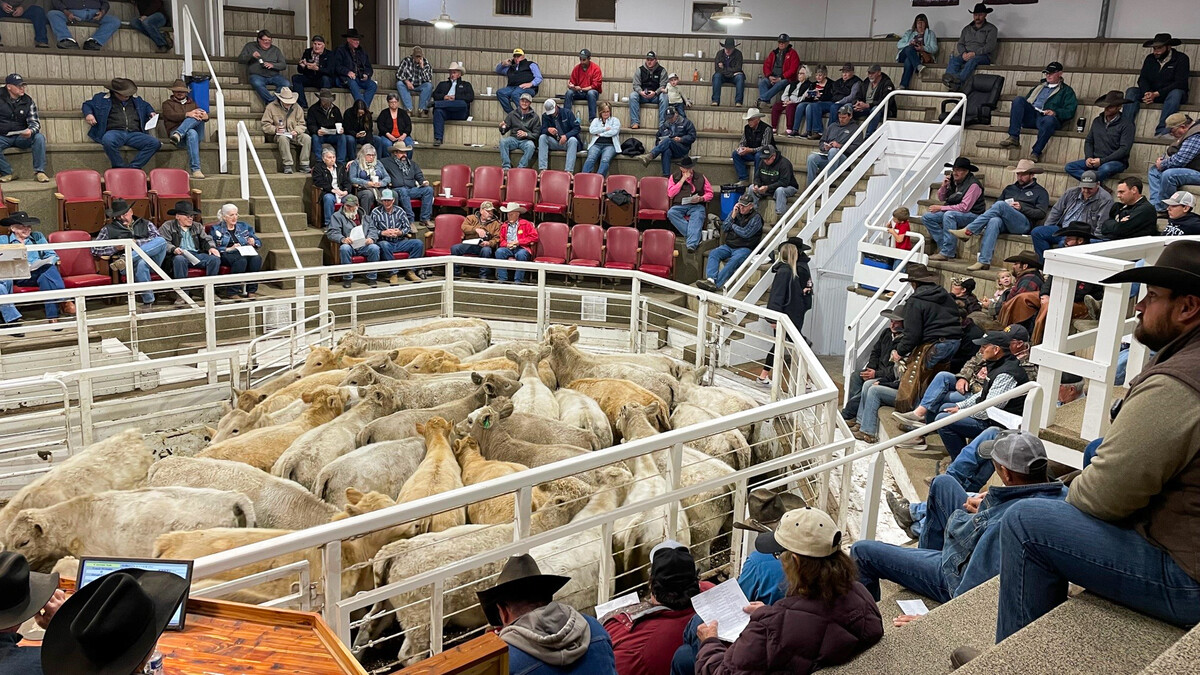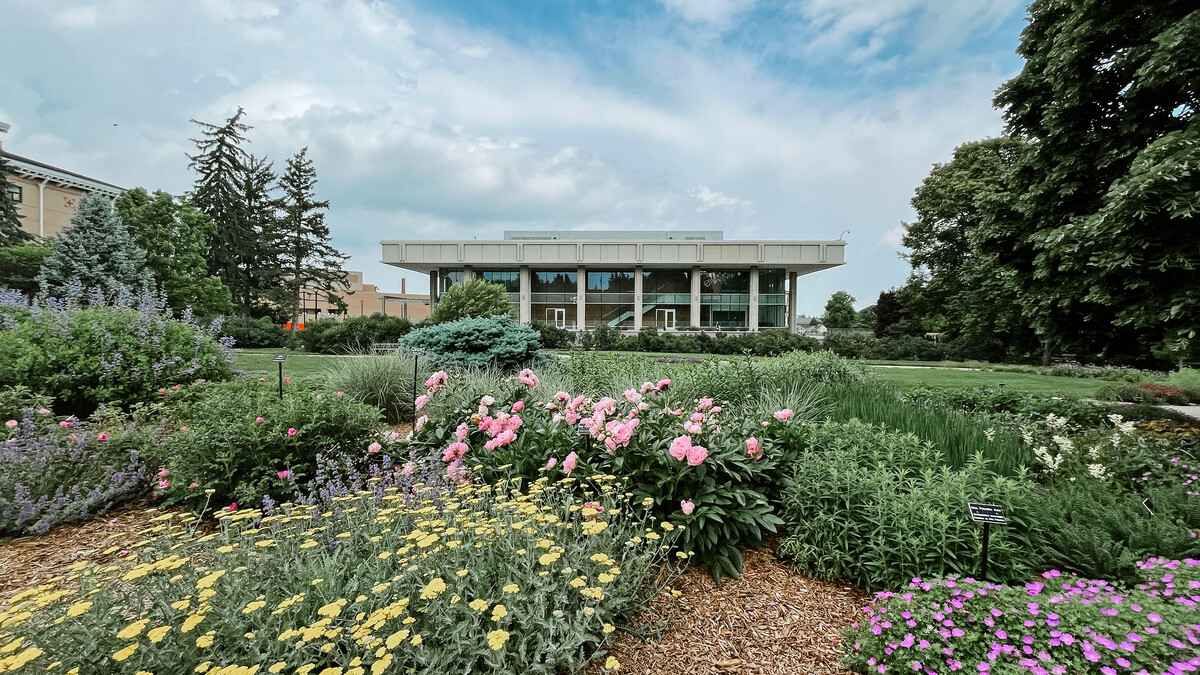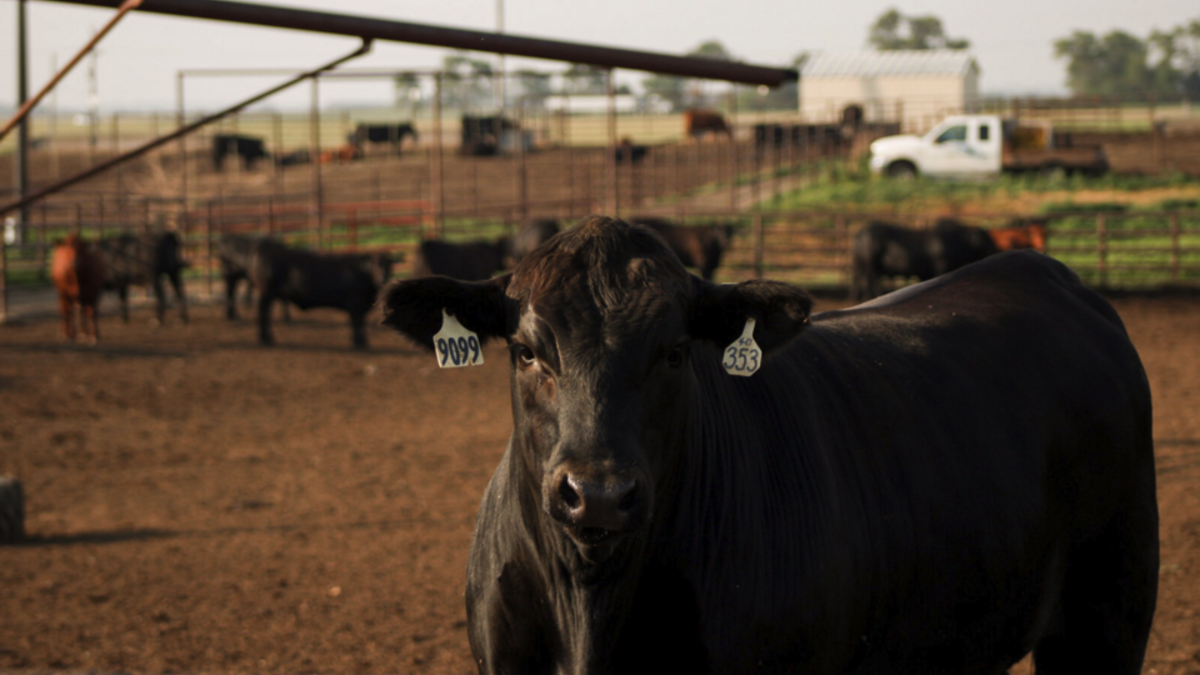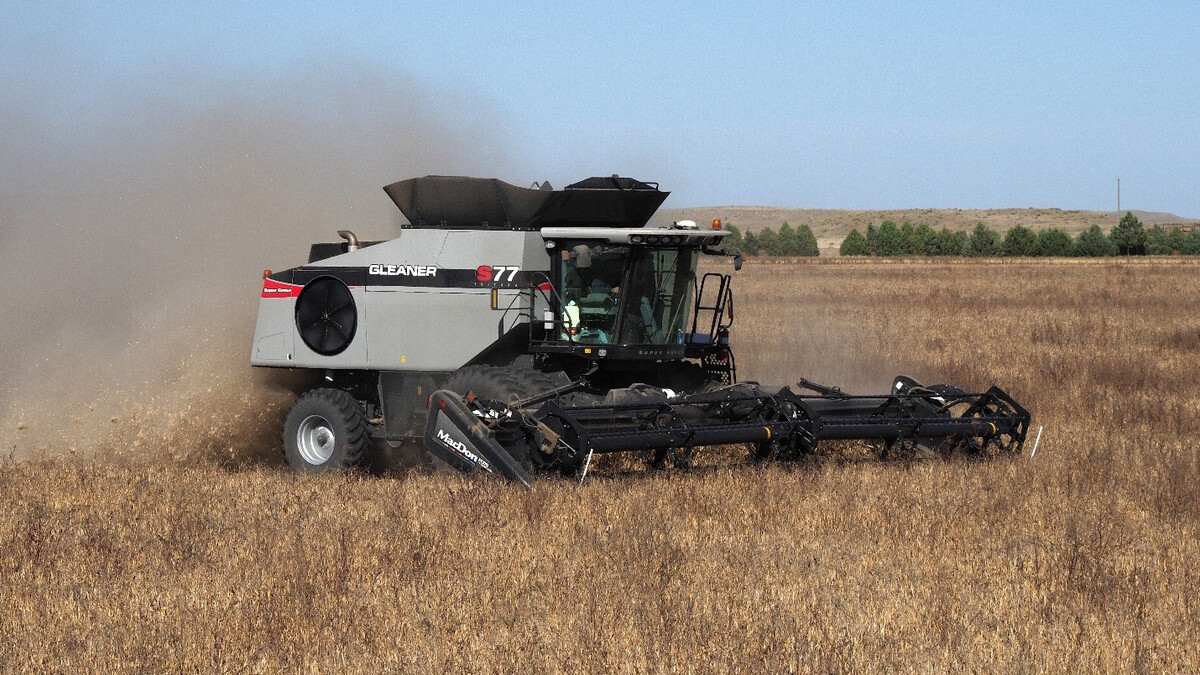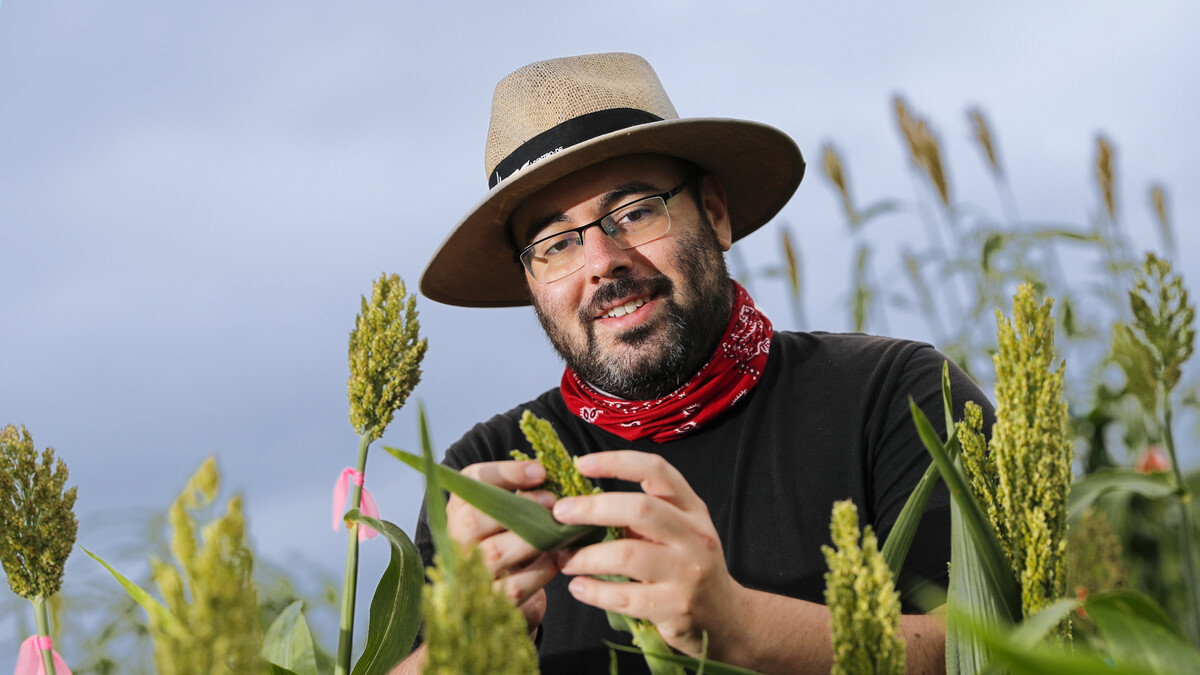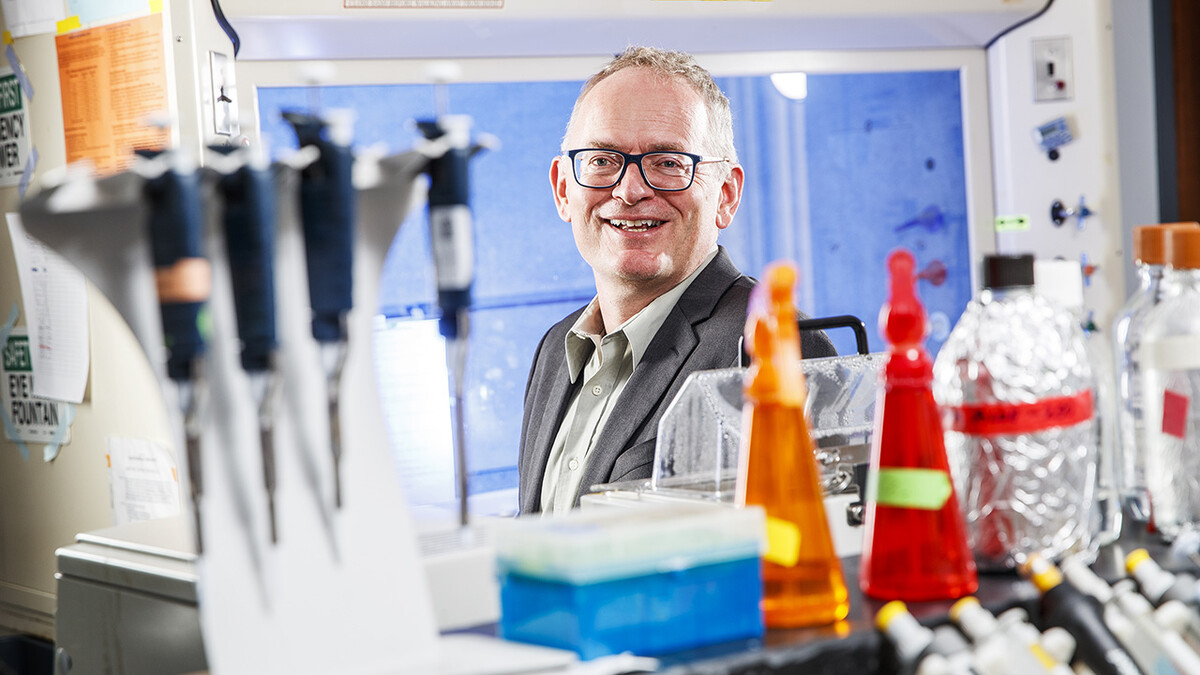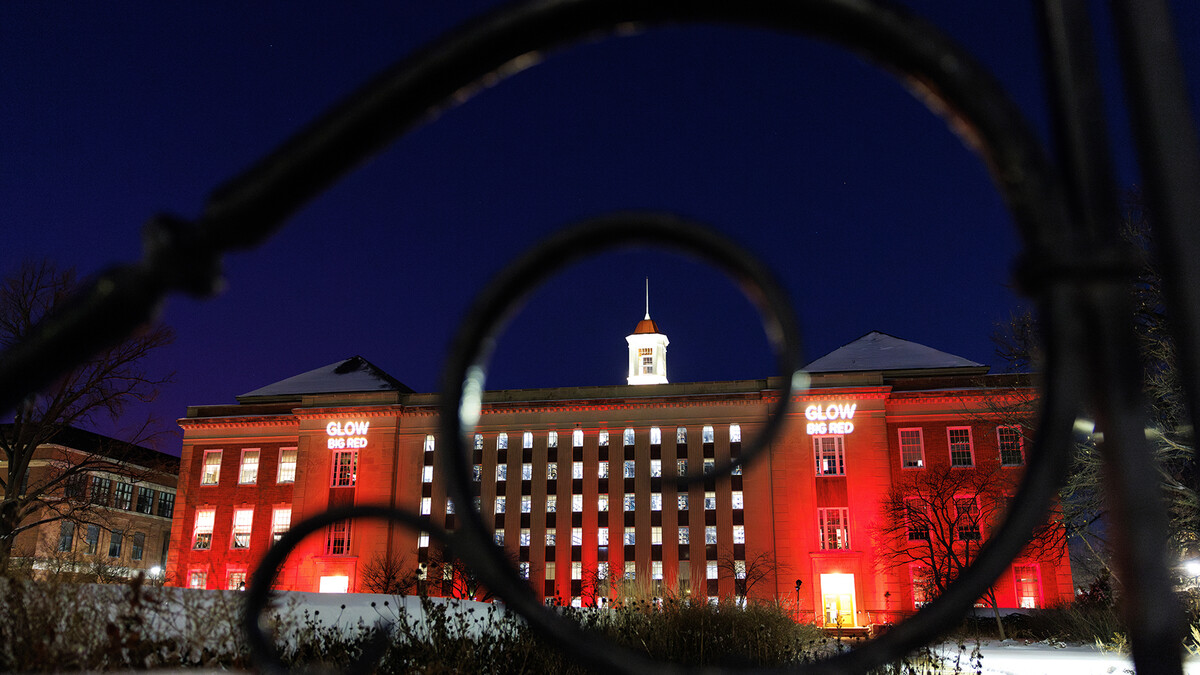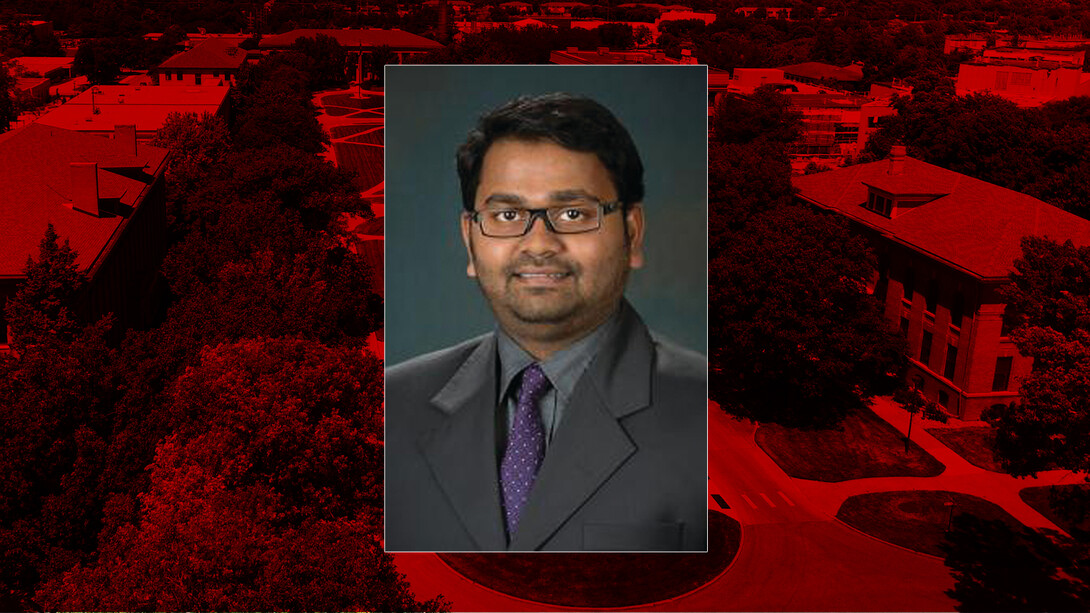
Lincoln, Neb. —Dr. Santosh Pitla finds inspiration in his students.
Pitla, originally from India, is an associate professor in advanced machinery systems at the University of Nebraska-Lincoln. He got his undergraduate degree in mechanical engineering, and went on to get his master’s degree and Ph.D in agriculture engineering from the University of Kentucky, where his advisor inspired him to pursue teaching and agricultural engineering.
Pitla felt that his advisor encompassed the traits of caring both about students’ learning and about who they were as individuals. He sees these same qualities in himself, as he believes it is by default you absorb the good qualities of a good teacher.
“I understand that if a teacher cares for a student, that they learn,” Pitla said. “I think that’s kind of the main cornerstone of a good teacher.”
Pitla designs hands-on experiences to assist students in learning the basic mechanics of machines, and has even created custom hardware prototypes of more complicated hardware tools. This exposes students to actual technologies that are used in the industry to further prepare them for their careers.
His passion for teaching and care for each individual students’ learning garnered him the 2020 John Deere Award from North American Colleges and Teachers of Agriculture (NACTA). The NACTA John Deere award recognizes one faculty member each year for his or her work in preparing students for the workforce.
Pitla was particularly honored to receive this award as he views the two other past recipients from UNL, Jack Shinstock (1996) and Ronald Hanson (1997), as inspirations.
“They got those awards. I mean, getting the same award, I really don’t have words to describe it. I feel very honored and lucky, to be frank,” Pitla said.
Pitla also incorporates research into his curriculum, in order to give students a glimpse into what is coming next. Pitla believes research is important for the students’ future and adds a new dimension to the course syllabus.
“Putting those seeds of innovation in the minds of our students is really important,” explained Pitla. It exposes them to concepts they may potentially see in the career field.
Pitla credits the Institute of Agriculture and Natural Resources (IANR), as well as the College of Agricultural Sciences and Natural Resources (CASNR) for the support and impact the administration and deans provide. Additionally, the innovation that is happening around campus is a factor of excitement for him. Pitla’s roles on CASNR’s Teaching and Learning Improvement Council and Faculty Advisory Committee have given him an inside view of the college’s innovative faculty.
“CASNR gives a lot of emphasis on teaching and caring for students. That’s really attractive to me,” he said.
Over time, he has found it’s something students value, too.
“The real fulfillment that comes is when they are out in the industry or they go back to the farm and they shoot an email or contact me and say, ‘Hey, I learned that and I did this thing on the farm today’ or ‘The things you taught are really useful for my current job.’”
Chandra Spangler | IANR Media
